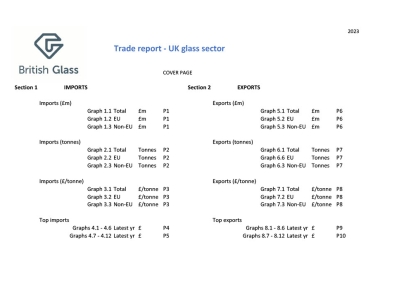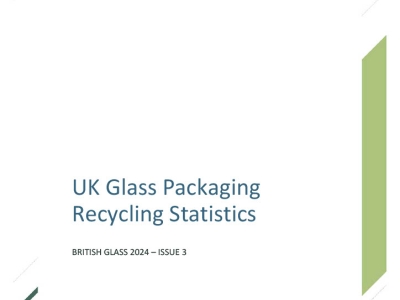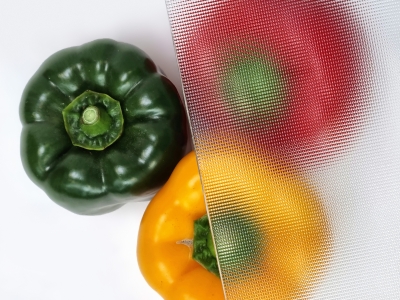A call for applications to an £18 million Circular Economy Investment Fund brought together people from across the building, demolition, waste processing and glass industries this week. The workshop, organised by British Glass and Zero Waste Scotland, explored how flat glass recycling can be increased to support material efficiency and reduce CO2 emissions and energy use.
It’s estimated that in Scotland only around a third of waste flat glass is recycled. Although glass can be re-melted indefinitely, most glazing, refurbishment and demolition glass waste ends up as aggregate, if it avoids landfill. But if this glass was used to make new glass products far more energy and carbon dioxide would be saved: every tonne of glass that goes back to re-melt saves energy and around 246kg of carbon dioxide (compared to using virgin raw materials).
This workshop was an opportunity for representatives from across the supply chain to share knowledge, generate ideas and make connections that might translate into bids to Scotland’s Circular Economy Investment Fund. Applicants have until 28 November to submit their initial ideas; examples of projects eligible for funding include:
- recycling trials in individual companies or cities
- Scotland-wide schemes to collect waste flat glass from construction processes or demolition
- innovative technologies or practices to significantly improve the business case for collecting and recycling flat glass.
As part of the day, Chris Holcroft and Valli Murthy of British Glass gave a presentation on the markets for flat glass waste – which can be used in a wide range of glass products (not just flat glass, but also bottles, jars, beads and fibre glass) as well as cement and concrete. They explained the importance of maintaining the quality of waste glass for recycling (called cullet) and the types of contamination that need to be avoided.
The Vlakglass foundation also presented a case study from the Netherlands’, a nationwide scheme which collected more than 70,000 tonnes of glass for re-melt in 2016 – enough to fill ten 25m swimming pools.
Valli Murthy from British Glass said:
“It was fantastic seeing representatives from different parts of the flat glass supply loop, who would not have met without this workshop. The probing questions they asked showed they were really starting to think outside the box to come up with new ways they could work together to recycle flat glass. We’re excited to see how this dialog continues, and the initiatives it generates.
“Increasing the use of cullet is an important part of the glass industry’s decarbonisation plans, and British Glass will continue to provide support to anyone who wants to play a part in getting more flat glass recycled.”
This event was part of British Glass’ involvement in the European FISSAC partnership project, which is identifying practical ways to increase construction waste recycling.
Notes
If you want to get involved to help British Glass with increasing flat glass recycling or would like to know more, please contact Valli Murthy v.murthy@britglass.co.uk
The £18 million Circular Economy Investment Fund, administered by Zero Waste Scotland, supports work to deliver circular economy growth. Applications must be led by small or medium businesses in Scotland, but larger organisations can be included as part of the consortium. It’s backed by funds from the Scottish Government and the European Regional Development Fund (ERDF). Find out more at www.zerowastescotland.org.uk/circular-economy/investment-fund-flat-glass-recovery
The FISSAC project is working to increase recycling of construction waste by partnering with the manufacturing, demolition and construction sectors to trial the use of secondary raw materials made from glass, ceramic, slags, stone, rubber, plastic and wood wastes. The FISSAC project has received funding from the European Union’s Horizon 2020 research and innovation program under grant agreement no 642154. Find out more at www.fissacproject.eu


